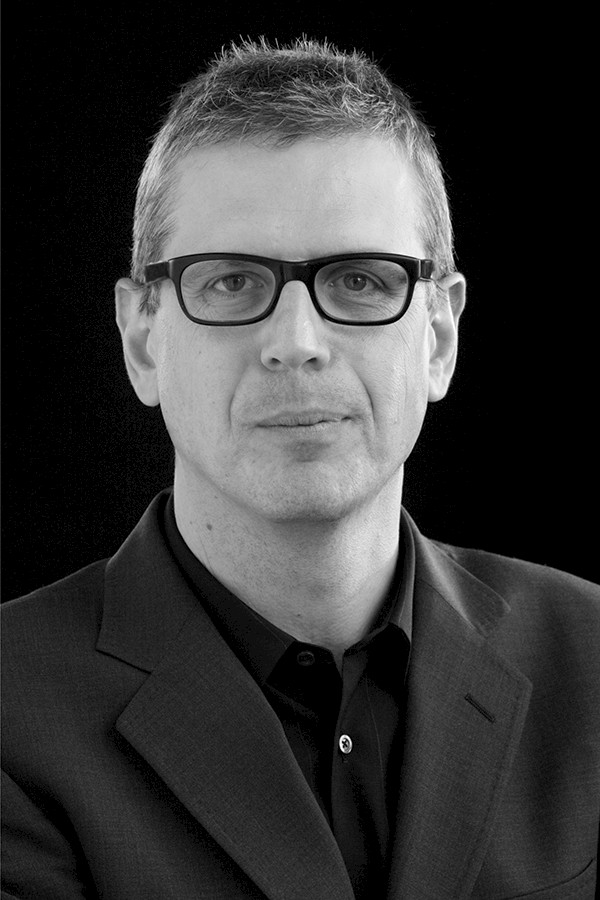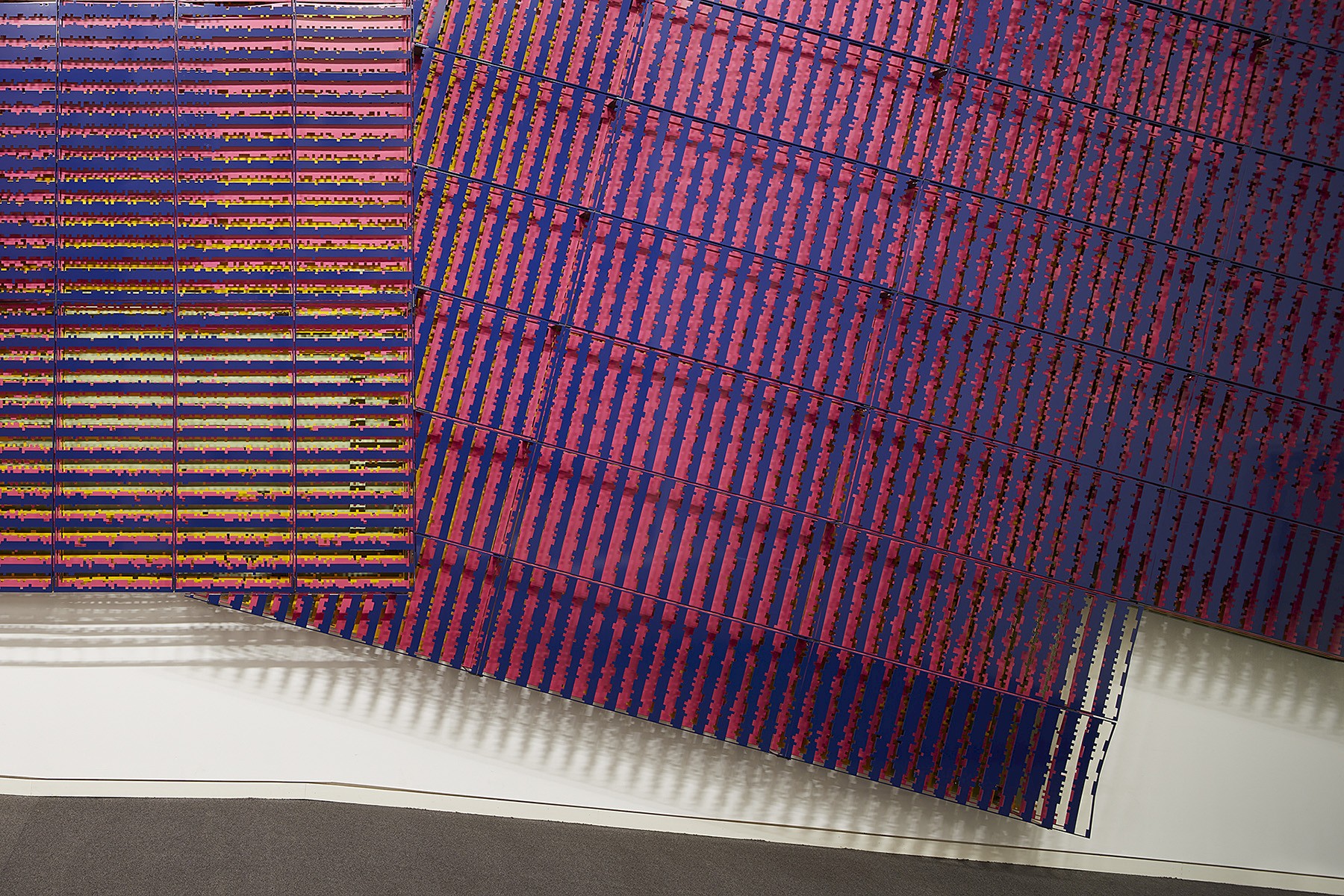Zago Architecture brings open-ended, creative inquiry to disciplinary concerns in architecture. Noted for its prescient articulation of emerging sensibilities, the practice weds quasi-autonomous aesthetic studies to the art of making buildings and cities. In doing so, Zago Architecture reaffirms the substantial and productive link amongst art, architecture, and urbanism.
Zago Architecture

CAB 2 Contribution
Project Overview
University of Illinois at Chicago Visual and Performing Arts Center
One of the enduring concepts of image production is the color palette; once the surface for the mixing of pigment, the title remains to describe the vast digital descriptions of many software and graphic programs. The material history of color production between art and architecture carries many fascinating fantasies and disappointments that relate to issues of the visual world: how we see, know, communicate, and match colors from one place to the next. For Zago the expanded possibilities of contemporary color on the computer screen and in the world of paints and inks allow for sampling what he calls ‘local’ colors, found at-hand for instance cereal boxes or advertising. While modern architects like Le Corbusier and Amédée Ozenfant reinforced the primacy of form over the ‘distraction’ of color, Zago hopes to invert this heirachy to test the role of color in the production of alternative formal patterns and figures. These ideas are elaborated here in a half-scaled mock up of the façade of his design for The UIC Visual & Performing Arts Center, also seen in a smaller presentation model.
